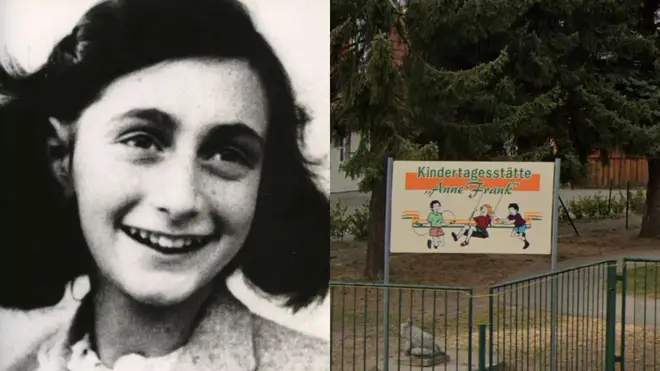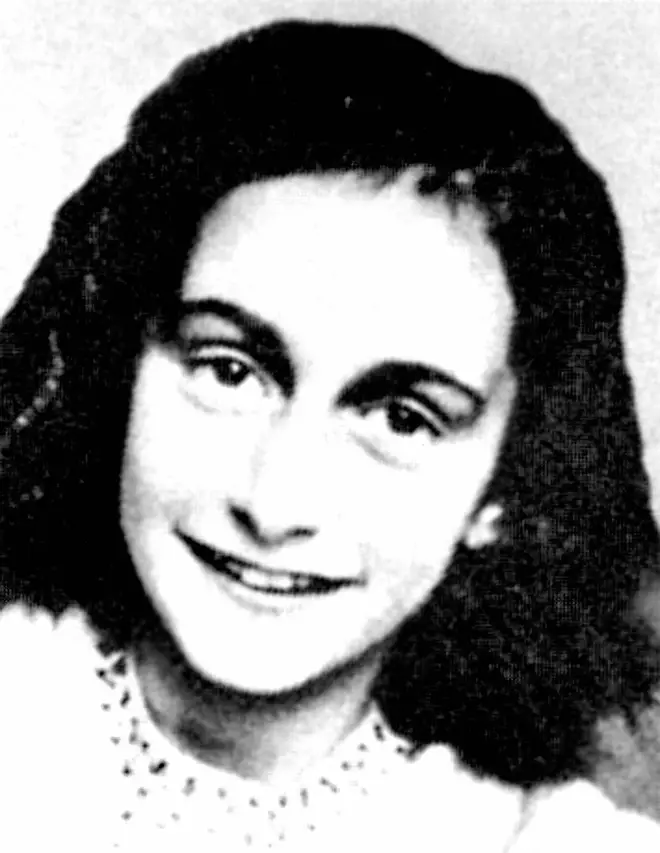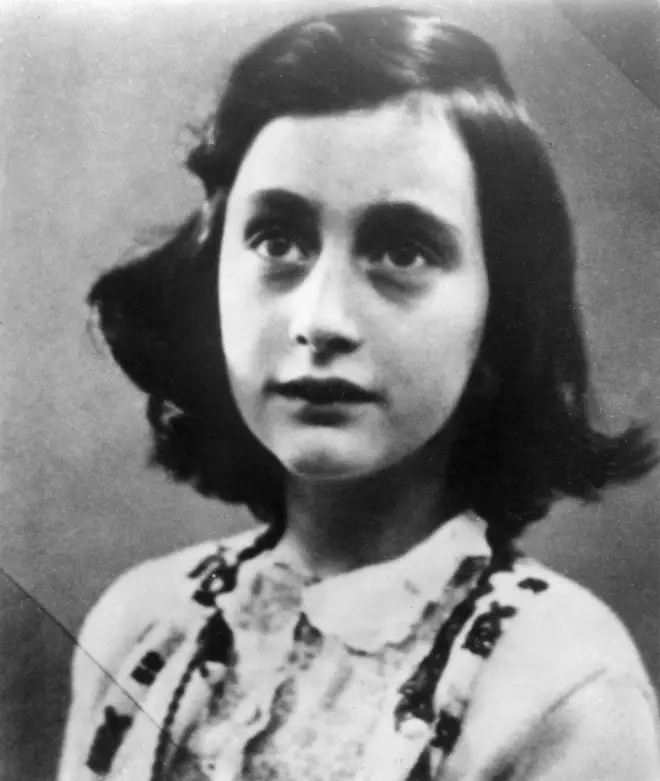
Ali Miraj 12pm - 3pm
6 November 2023, 17:52

A kindergarten in Germany named after Anne Frank wants to rename itself something more inclusive.
The nursery, in the small town of Tangerhütte in eastern Germany, has for over 50 years been named after Anne Frank, the German-Jewish girl murdered by the Nazis, who was famous for the diary she kept while in hiding in Amsterdam.
But the kindergarten said that parents found it difficult to explain who Anne Frank was to their children, and some migrant families don't feel a connection with her story.
The new proposed name is 'World Explorers', although no final decision has been made yet on whether the name will change at all.
But the move has sparked an outcry from local politicians and Jewish leaders, coming against the backdrop of a rise in anti-Semitism amid the Israel-Hamas conflict, as well as Germany's own history with the Jewish community and Anne Frank herself.
Read more: Fans outraged after Everton mistakenly posts image of Anne Frank in Covid deaths tribute
Read more: Anne Frank: Jewish businessman identified as 'prime suspect' in family's betrayal
Linda Schichor, the kindergarten's headteacher, told local media: "We wanted a name without a political background".
The proposal has the backing of the local mayor, Andreas Brohm, who said: "It is important to the institution to make this conceptual change visible to the outside world".
He said he didn't see the need to rethink the change, despite the current situation in Israel and Gaza.
"If parents and employees want a name that better reflects the new concept, that has more weight than the global political situation," Mr Brohm added.
The mayor said that plans to change the name had begun at the start of the year.

"Well before the current discussions and events, the discussion arose at the beginning of 2023 about making this fundamental change in concept visible to the outside world by giving the institution a different name in order to visibly mark this fundamental new beginning," he said.
Mr Brohm added: "Tangerhütte, with its educational institutions and all its civic commitment, stands for a cosmopolitan Germany that is at the same time as aware of its historical responsibility as it is of its educational mission".
But local politicians spoke out against the proposals, which have caused a media storm in Germany.
"The CDU [Germany's largest centre-right party] in the Tangerhütte city council will of course not agree to renaming the 'Anne Frank' daycare centre," said Saxony-Anhalt's Economics Minister Sven Schulze.

"I hope all the other city councillors don't either. Not only in this day and age, but in general, such a suggestion is completely absurd, instinctive and small-minded," he wrote on Twitter.
The state's Prime Minister Reiner Haseloff agreed, adding: "Anne Frank and institutions named after her are also part of our culture of remembrance for Jewish life and against National Socialism."
Christoph Heubner, the deputy head of the International Auschwitz Committee, wrote to the local council arguing against the name change.
“If one is prepared to forget one’s own history so easily, especially in these times of renewed anti-Semitism and Right-wing extremism, one can only feel fear and anxiety about the culture of remembrance in our country," he said.

The head of the local Jewish association said the fact that migrant families didn't understand the story of Anne Frank suggested they hadn't been properly integrated into Germany society.
Max Privorozki said: "With all understanding of the concept changes of the institution and the fact that the story of the Jewish girl is difficult to understand for young children, this name change leaves a bad aftertaste, especially now."
He added that instead of renaming the kindergarten, staff should organise a reading of Anne Frank's diaries so that everyone understands her story and its continuing relevance.
Anne Frank was born in Frankfurt in 1929. She and her family moved to the Netherlands to avoid Nazi persecution, later going into hiding in Amsterdam.
She was 15 when she and her family were taken from their hiding place to the Bergen-Belsen concentration camp, where she died.
She is one of the most famous Jewish victims of the Holocaust, in large part because of her diary, which documents her life in hiding.